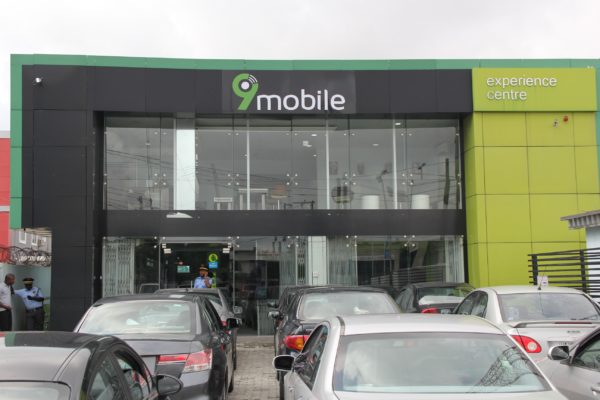They argued that the new plates would be too expensive and that the government should focus on issues like unemployment instead. The government responded by saying that the digital plates would improve security and help combat crime.
Now, in January 2025, the government is pushing ahead with the rollout. All vehicles will be required to have the new digital plates installed, and existing plates will be phased out over time. The plates will have a QR code that can be scanned by law enforcement officers to quickly access information about the vehicle and its owner.
While some have raised concerns about the cost of the new plates, the government has assured the public that they will be affordable. They have also emphasized the benefits of increased security and improved tracking of vehicles on the road.
Overall, the rollout of digital licence plates in Uganda marks a significant step towards modernizing the country’s vehicle registration system and improving security on the roads. It may have had its delays and challenges, but the government is hopeful that the new plates will ultimately benefit both law enforcement and the general public.
That’s all for today. Have a great one!
Victoria
about the latest developments in the tech world. From 9mobile’s ambitious recovery plan to China’s potential impact on South Africa’s electric vehicle industry, and Uganda’s rollout of digital license plates, there’s a lot to unpack. Let’s dive in.
9mobile, once a major player in Nigeria’s telecom market, is now facing a major challenge with only 3.4 million subscribers and a declining market share. In a bid to turn things around, the company has unveiled a $3 billion recovery plan over the next four years. The plan includes investments in improving their network coverage and competing with other telecom giants in the country. With a new CEO at the helm, 9mobile is focused on smart spending, better partnerships, and sustainable growth to regain its position in the market.
Meanwhile, in South Africa, a new law offering tax breaks for electric and hydrogen-powered vehicle production could spark interest from Chinese car manufacturers. With the European Union phasing out petrol and diesel cars, South Africa is looking to attract new players in the electric vehicle market. The tax breaks, along with incentives for automakers to set up charging stations and utilize local mineral resources, could help boost the country’s car manufacturing industry and stay competitive in the global market.
In Uganda, the long-awaited rollout of digital license plates for all vehicles is finally happening. The initiative, first proposed in 2021 to improve vehicle tracking and combat crime, has faced delays and pushback from some sectors. However, the government is now moving forward with the rollout, emphasizing the benefits of increased security and improved tracking capabilities. While there are concerns about the cost of the new plates, the government is assuring the public that they will be affordable and bring long-term benefits to road safety and security.
Overall, these developments highlight the ongoing evolution and challenges in the tech and automotive industries across Africa. From telecom companies like 9mobile navigating market shifts to countries like South Africa and Uganda embracing new technologies, the landscape is constantly changing. It will be interesting to see how these initiatives unfold in the coming years and their impact on the region’s tech ecosystem. Stay tuned for more updates on these and other tech stories in the future. After facing multiple delays, the long-awaited digital license plates project in Uganda is finally moving forward. The project, which aims to enhance security and curb crime, has been hindered by various challenges, including technical issues and sanctions on the company responsible for the implementation, Joint Stock Company Global Security.
President Museveni has emphasized the importance of implementing the digital plates for improving road safety and security in the country. He has urged officials to expedite the process and ensure a smooth transition to the new system. Despite concerns about privacy and data usage, the government has reassured the public that all data collected will be handled in accordance with the law.
Vehicle owners are given a 30-day grace period to switch to the new digital plates. The government is encouraging everyone to comply with the new system promptly to avoid any last-minute chaos and contribute to making Uganda’s roads safer and more secure.
In other news, Moniepoint is currently hiring for various positions, providing job opportunities for interested individuals. Additionally, Airtel customers can enjoy the New Year with captivating stories like Smart Couples by dialing 421 on their Airtel line, free of charge. For those interested in staying updated on the latest trends in the African tech space, Techpoint Africa’s WhatsApp channel is a valuable resource.
As we look forward to a productive week, it is crucial to stay informed and seize opportunities for growth and development. The implementation of digital license plates in Uganda marks a significant step towards enhancing security and road safety in the country. Let’s embrace this change and work together to create a safer and more secure environment for all.








